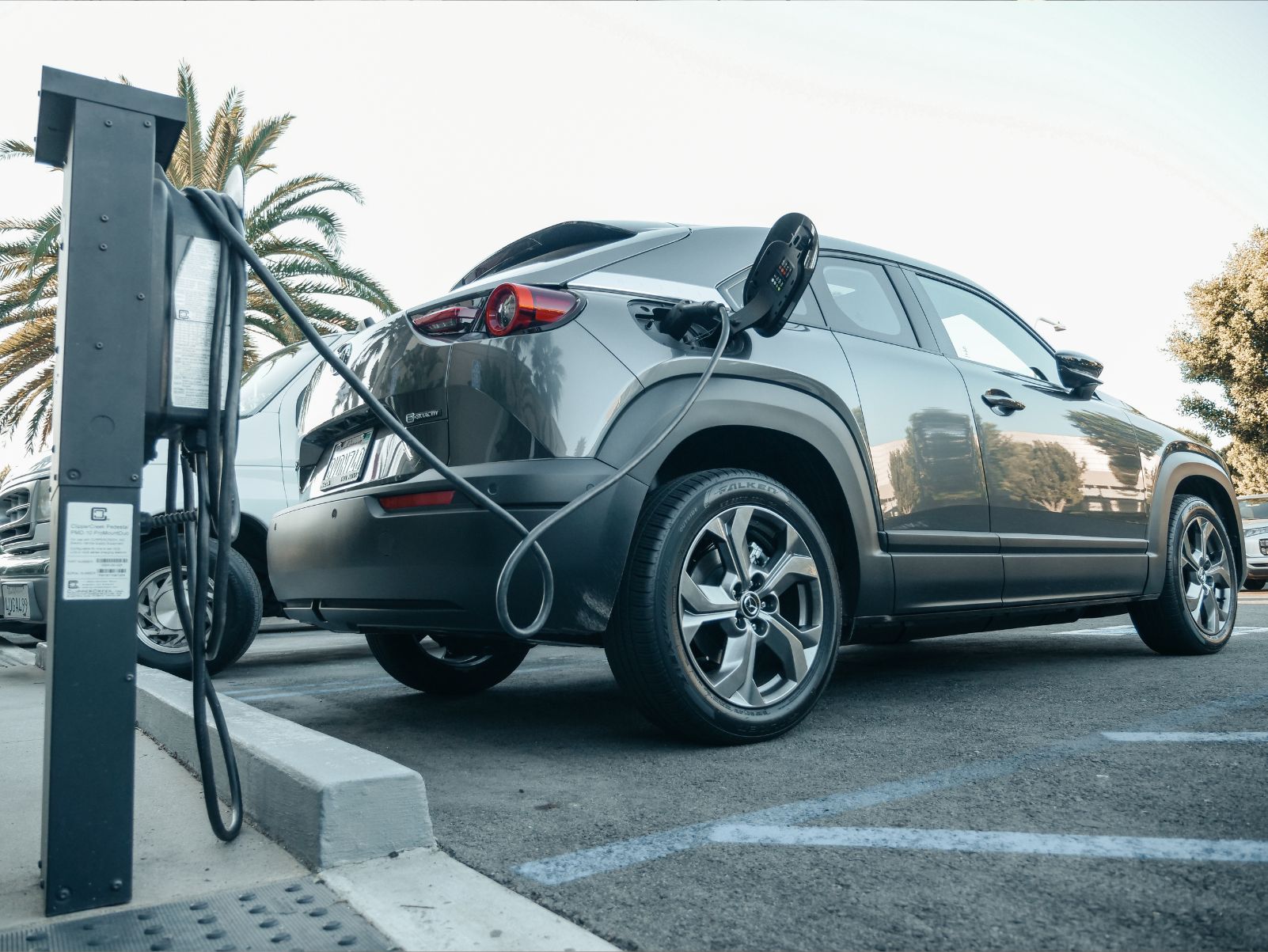

As the UK continues its transition to cleaner transport, the 2025 MOT rule changes reflect a growing emphasis on environmental compliance and vehicle safety. While electric vehicles (EVs) and hybrids were once subject to lighter testing, the latest updates from the Driver and Vehicle Standards Agency (DVSA) introduce more rigorous inspections, particularly for vehicles over seven years old.
Let’s break down what’s changed, what’s being tested, and how to prepare your hybrid or EV for a successful MOT.
What’s New in the 2025 MOT for Hybrids and EVs?
Under the updated MOT regulations, hybrid and electric vehicles are no longer exempt from detailed inspections. While EVs still bypass traditional exhaust emissions testing, they now face checks on systems that indirectly affect efficiency and safety.
Key updates include:
These changes aim to ensure that low-emission vehicles continue to operate safely and efficiently throughout their lifespan.
Common MOT Failures for Hybrids and EVs:
Despite having fewer moving parts than petrol or diesel cars, EVs and hybrids are not immune to MOT failures. According to recent data, the most frequent issues include:
How to Prepare Your Vehicle for the New MOT:
To avoid surprises during your MOT, consider the following tips:
Staying proactive with maintenance not only improves your chances of passing but also extends the life of your vehicle.
Supporting Sustainability with Remanufactured Parts:
If your hybrid or EV requires a replacement component, consider choosing a remanufactured part. These parts are professionally rebuilt to meet original specifications and offer several advantages:
By choosing remanufactured components, you’re not only saving money, you’re also contributing to a more sustainable automotive future.
The 2025 MOT updates mark a significant shift in how hybrids and EVs are assessed for roadworthiness. With new checks on battery health, braking systems, and emissions sensors, it’s more important than ever for UK motorists to stay informed and prepared.
Whether you drive a plug-in hybrid or a fully electric vehicle, regular maintenance and smart part choices can help you stay compliant, safe, and environmentally conscious.